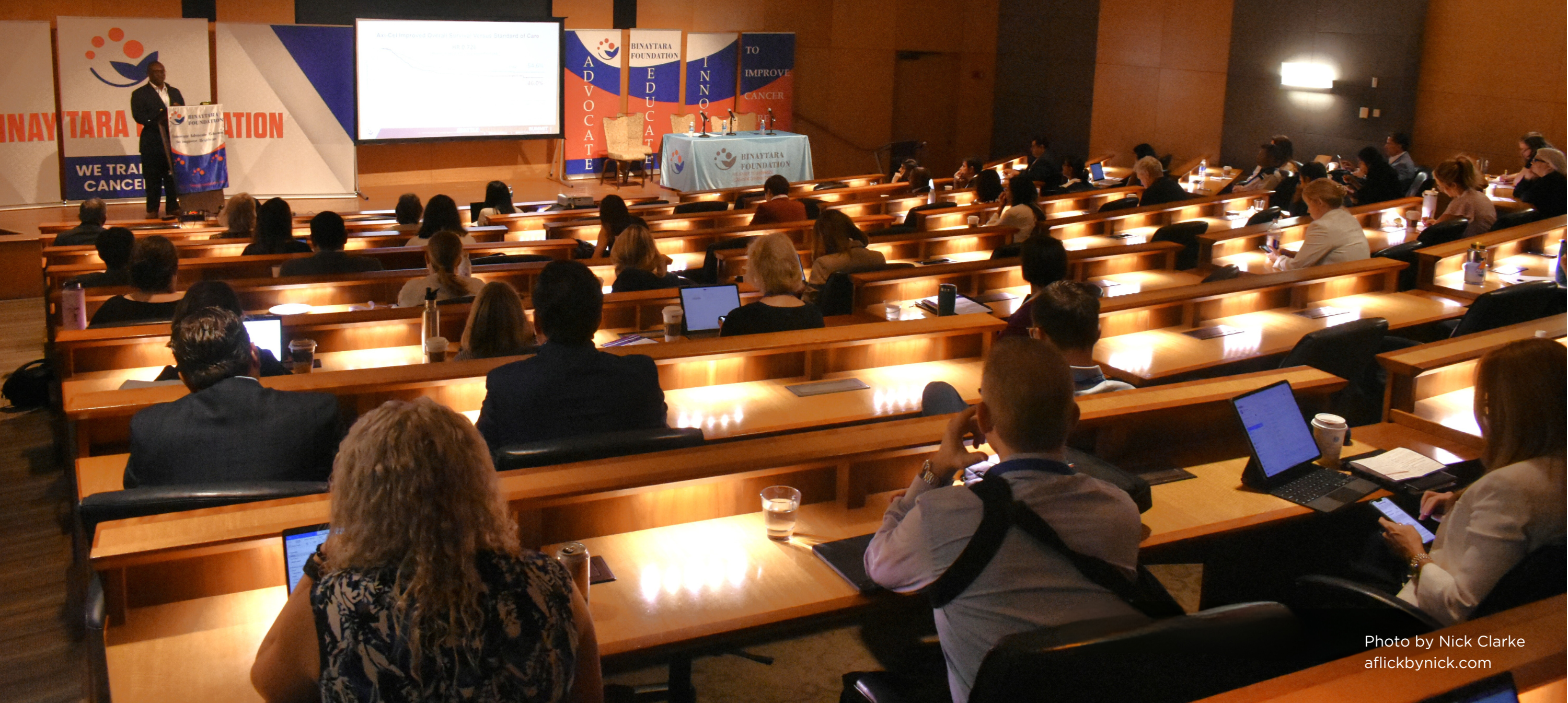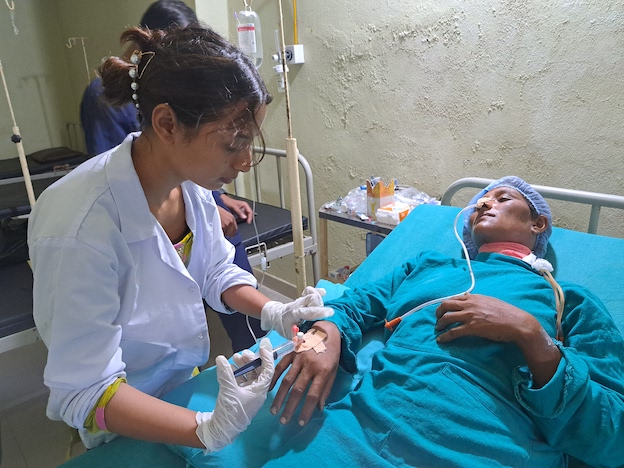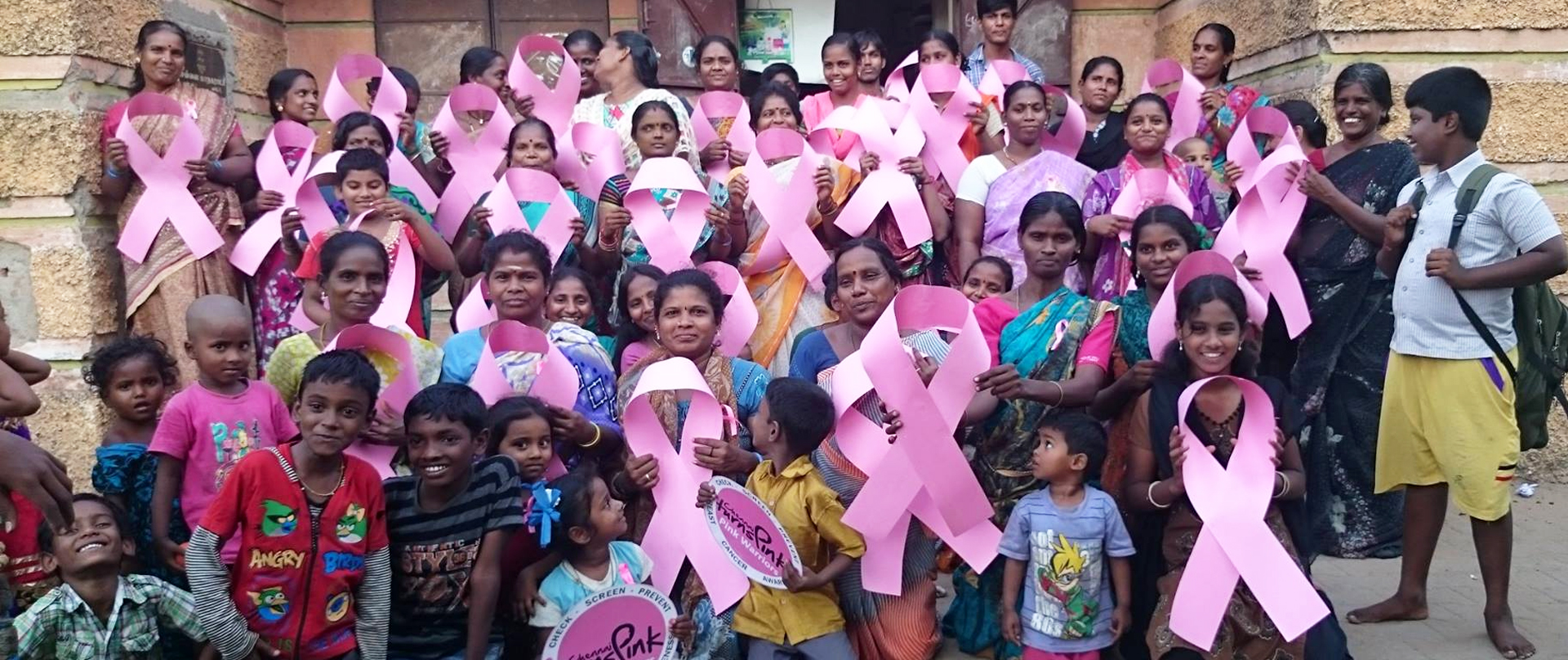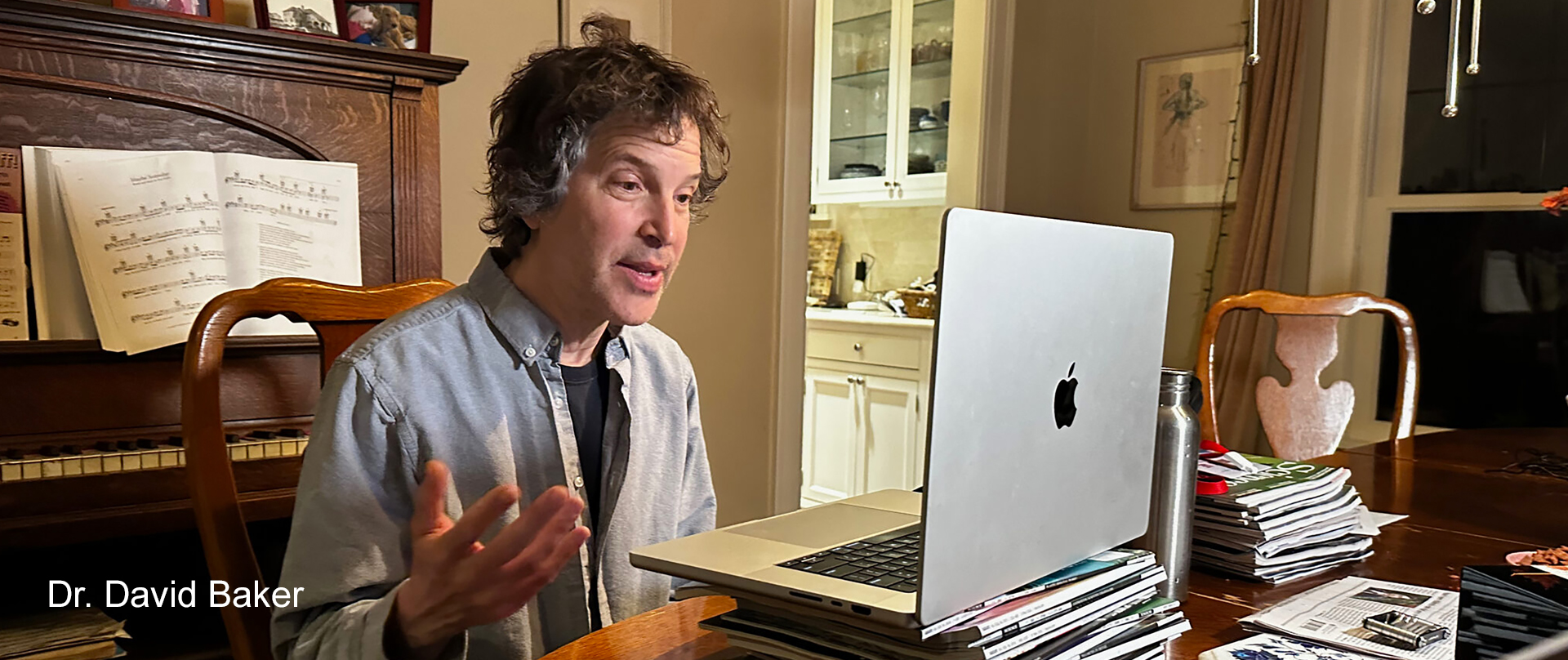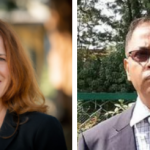The Binaytara Foundation (BTF) recently concluded its annual Summit on Cancer Health Disparities (SCHD24) in Seattle, WA. This meeting is one of the largest gatherings of oncology professionals committed to addressing cancer health disparities and achieving health equity.
This year, SCHD24 brought together a powerhouse of oncology professionals, researchers, policymakers, and advocates for three days of insightful lectures, panel discussions, debates, and case-based discussions. These sessions focused on understanding cancer health disparities, exploring contributing factors, and developing actionable strategies to mitigate their impact on cancer outcomes.
Key Themes and Objectives
SCHD24 aimed to identify, analyze, and tackle barriers to equitable cancer care while fostering collaborative interdisciplinary partnerships. A distinctive feature of the summit was its case-based discussions that provided practical lessons on solving real-world problems. Additionally, the meeting’s core objectives included:
- Understanding the root causes of cancer health disparities.
- Discussing strategies to reduce barriers to diagnosis, treatment, and survivorship care.
- Exploring the role of technology and precision oncology in equitable cancer care.
- Highlighting the impact of policy and advocacy on reducing systemic barriers.
Unveiling Solutions Through Powerful Sessions
The summit offered a variety of sessions to engage attendees. Panel discussions explored topics like access to diagnostics and care, community engagement strategies, and the role of technology in overcoming disparities. Case-based studies provided real-world examples of successful approaches to addressing specific challenges.
Welcome and Session 1: Understanding Disparities: The summit began with a welcome address by the conference co-chair, Dr. David Aboulafia. The opening session, chaired by Dr. David Aboulafia and Dr. Gita Suneja, set the stage for discussions on understanding and addressing disparities. Dr. Michele Andrasik kicked off the conference by unpacking the complex factors leading to disparities in cancer care. Patient advocates Nakita Venus and Elle Brooks, MPH shed light on the specific challenges faced by LGBTQ+ communities in cancer care and shared effective strategies to provide inclusive care for LGBTQ+ individuals. Cancer patients Alan Brownell and Derrick Mapp contributed valuable insights into culturally sensitive education and the patient experience.
Session 2: Disparities in Access to Diagnostics and Care: As session chairs, Drs. Mark Pegram and Kamran Mirza steered the conversation towards specific cancer types and how disparities manifest in areas like diagnostics and treatment access for different malignancies. Experts like Dr. Ulka Vaishampayan (GU cancer), Dr. Irum Khan (hematologic malignancies), and Dr. Nicholas Giustini (lung cancer) provided in-depth insights.
Session 3: Caring for the Carers: Dr. Ishwaria Subbiah chaired the session on “Caring for the Carers,” emphasizing the importance of supporting the mental and emotional well-being of the oncology workforce. Dr. Ana María López provided a compelling rationale for promoting professional well-being. Dr. Carrie Fisher discussed well-being of trainees and Dr. Carrie A. Horwitch led an experiential session that emphasized the value of laughter in improving caregivers’ well-being.
Session 4: Integration of Technology into Cancer Care: Moderated by Dr. Manish Kohli, this session explored the impact of technology on equitable cancer care. Dr. Joseph Finkelstein presented insights into how artificial intelligence can facilitate cancer care. Dr. Ana Maria Lopez discussed innovations, like the digital twin, in access to cancer care. Dr. Aref Smiley showcased an innovative deep learning model that predicts symptom deterioration during chemotherapy.
Session 5: Achieving Quality Through Value-Based Models: This session, chaired by Dr. Ana María López, featured Dr. Stephen Grubbs discussing ASCO’s Patient-Centered Cancer Care Standards. Dr. Barbara McAneny then tackled the concept of value for patients, followed by Ms. Shelley Fuld Nasso offering a patient’s perspective on quality care. The session concluded with a panel discussion, highlighting the importance of multi-stakeholder collaboration in achieving value-based care.
Session 6: Community Engagement: Chaired by Dr. Martha Pritchett Mims, this session featured presentations from experts like Dr. Amelie Ramirez on building outreach programs for Latino communities, Dr. Hoda Badr on fostering collaboration between primary care and oncology for survivorship care, and Dr. Susan Vadaparampil on increasing cancer education and screening access for Spanish-speaking populations. These presentations, along with the following panel discussion, highlighted the importance of tailored outreach and community-driven solutions in improving access to cancer care.
Session 7: Drug Shortages: The session on drug shortages, chaired by Dr. Hannah Linden and Dr. Shailender Bhatia, tackled a major hurdle in achieving equitable cancer care. Dr. Karen Hagerty, a well-respected oncologist, opened by presenting the stark reality of the situation. Dr. Hagerty’s presentation underscored the significant impact of drug shortages on patient care, forcing oncologists to make difficult treatment decisions with limited options.
Following Dr. Hagerty’s talk, Dr. Mariana Peixoto Socal offered a broader perspective. Her presentation explored the root causes of drug shortages, going beyond immediate supply chain disruptions. Dr. Socal’s insights shed light on the complex economic and regulatory factors contributing to this issue. The session concluded with a panel discussion featuring Dr. W. Thomas Purcell. This discussion brought together diverse perspectives from various stakeholders, fostering a deeper understanding of the challenges and potential solutions surrounding drug shortages.
Session 8: Oncology Leaders’ Approach to Cancer Health Disparities: Moderated by Dr. Amelie G. Ramirez, this session brought together a distinguished panel featuring:
The oncology leaders shared their approaches to reducing disparities. The session fostered a lively discussion, exploring current challenges, best practices and innovative approaches to tackle cancer health disparities.
Session 9: Clinical Trials and Research Diversity: Several sessions at SCHD24 focused on the importance of diversity in clinical trials. One particularly impactful session, “Clinical Trials & Research Diversity,” chaired by Dr. Jorge Cortes, explored various strategies to increase minority participation. Dr. Nadine Barrett began the session by highlighting the importance of clinical trials for achieving equity and social justice in cancer care. Dr. Sharad Ghamande then shared his 12-year journey of increasing minority accrual in rural areas. Following these presentations, Dr. Vida Henderson discussed the use of culturally tailored educational videos to improve recruitment and decision-making about clinical trials. Dr. Roger Stein then presented a method for evaluating clinical trial data to ensure positive outcomes for under-represented patient populations.
The session also explored the challenges faced by patients from underprivileged backgrounds. Dr. Manali Patel presented a community health worker-led intervention that addressed health-related social needs and its impact on clinical trial education and accrual. The session concluded with a panel discussion featuring Dr. Jerald Radich and Dr. Jason Mendoza, fostering a deeper understanding of the challenges and opportunities in achieving equitable representation in clinical trials.
Session 10: Global Oncology This session, chaired by Dr. Dan Milner, featured presentations showcasing innovative approaches to overcoming disparities in resource-limited settings. Dr. Binay Shah, founder of the Binaytara Foundation, opened the session by sharing the foundation’s efforts in improving cancer care disparities worldwide. Dr. Corey Casper then explored the potential of new technologies to enhance innate immunity for cancer prevention and treatment in low-resource areas.
Following Dr. Casper’s presentation, Dr. Regine Nshimiyimana Maniraho discussed the development of a global cancer mentorship program, using Rwanda as a pilot experience. Dr. Dan Milner then presented case studies that highlighted successful solutions for improving access to medications in underserved areas. Dr. Joseph Rosales complemented these presentations with a real-world case study, offering a glimpse into the challenges and triumphs of delivering streamlined cancer care in limited resource settings. The session concluded with a panel discussion featuring Dr. Yogendra Singh, who traveled all the way from Nepal, fostering a collaborative exchange of ideas and best practices for tackling cancer disparities on a global scale.
Debate – One of the most anticipated sessions at SCHD24 was the debate: “Is Universal Healthcare A Solution to U.S. Healthcare Disparities?” Moderated by Dr. Manisha Bhattacharya and Dr. Aaron Goodman, the session featured a diverse panel of experts.
The panelists engaged in a lively discussion, exploring the potential benefits and challenges of a universal healthcare system in the United States. They addressed issues like access to care, cost containment, and potential impacts on the quality of healthcare delivery. The debate highlighted the complexity of the issue and the need for thoughtful solutions that address the root causes of healthcare disparities.
Poster Presentations and Oral Abstracts
The conference dedicated significant space to showcasing innovative research through poster and oral abstract sessions. These sessions, chaired by Dr. Martha Pritchett Mims and Dr. Darya Kizub, allowed researchers from diverse backgrounds to present their findings and engage in stimulating discussions with colleagues.
The oral abstract session offered a glimpse into the future of cancer care disparity research. Dr. Michael Dykstra’s research investigated the effectiveness of remote contouring education in Latin America, highlighting the potential of telemedicine in overcoming geographical barriers. Additionally, Dr. Marvella Ford presented the SC AMEN program, designed to educate and guide Black men towards informed decision-making regarding prostate cancer screening. Dr. John Bell addressed a critical need with his presentation on a mobile screening mammogram program serving vulnerable populations. Finally, Dr. Anish Shah’s case study showcased the successful implementation of an electronic medical record system in Nepal, offering a valuable model for resource-limited settings.
A Multi-faceted Approach to Change
SCHD24 served as a valuable platform for knowledge exchange, collaboration, and inspiration. The summit’s focus on a wide range of disparities, diverse perspectives, and innovative solutions paves the way to tackle cancer health disparities.
The diverse perspectives and innovative solutions presented at the conference equip healthcare professionals with the tools needed to bridge the gap and ensure optimal outcomes for all cancer patients. SCHD24 reaffirmed the importance of collaborative interdisciplinary partnerships in improving access to cancer care.
Conclusion and Future Directions
The Binaytara Foundation’s Summit on Cancer Health Disparities provided a comprehensive platform for advancing dialogue on equitable cancer care. By bringing together diverse stakeholders, the summit fostered meaningful discussions that can be translated into actionable strategies for reducing disparities.
